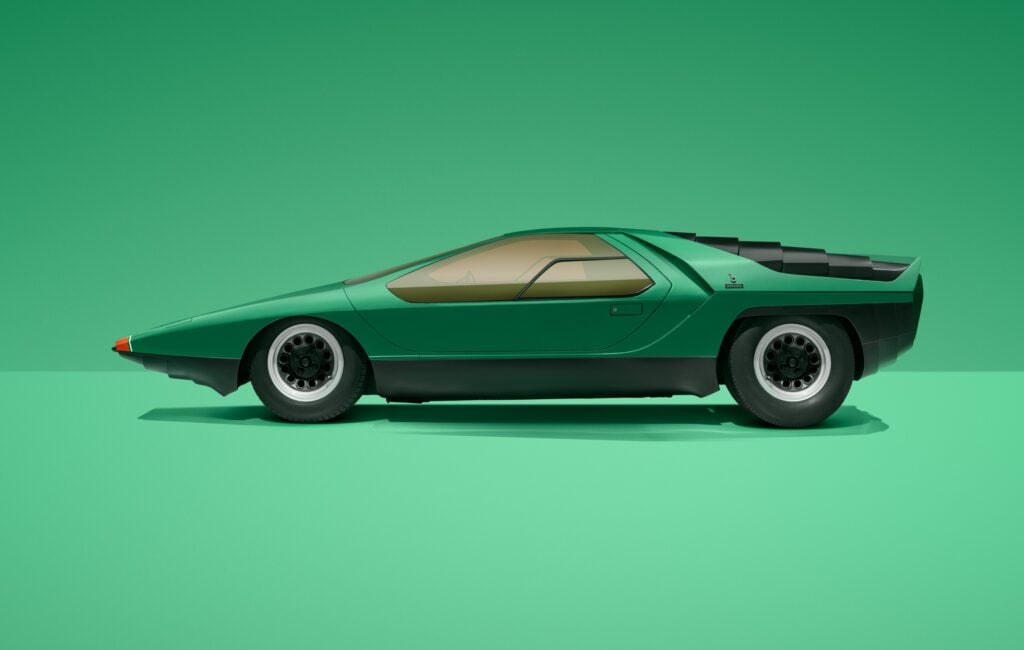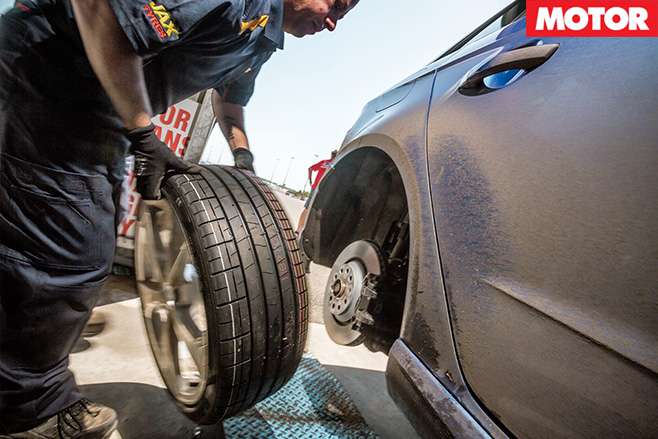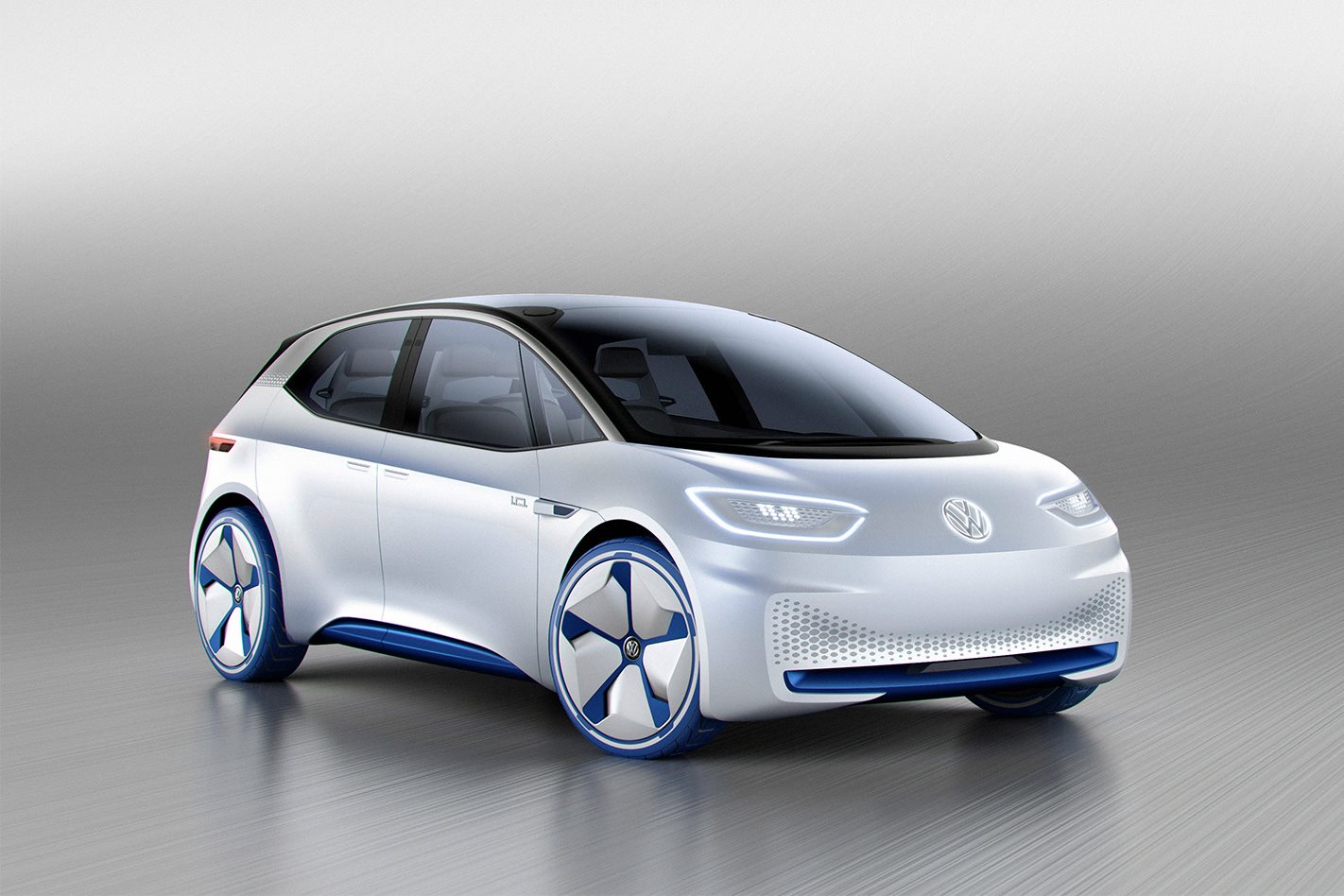
Flipping the switch in the city of light usually means turning on the illumination of the Eiffel Tower. But at the biennial paris motor show the spotlights shone instead on the electric car.
The 2016 Mondial de l’Automobile was where a pair of heavyweights revealed plans to begin in earnest the transition from oil to electricity. We heard some very serious senior car company executives outlining equally serious plans to take battery power mainstream.
“We are convinced; now is the time to flip the switch,” said Daimler chief Dieter Zetsche, before presenting the Mercedes-Benz Generation EQ concept. This battery-powered SUV will be ready for launch “within three years”, the first of at least seven Mercedes-Benz EVs based on a purpose-designed platform.
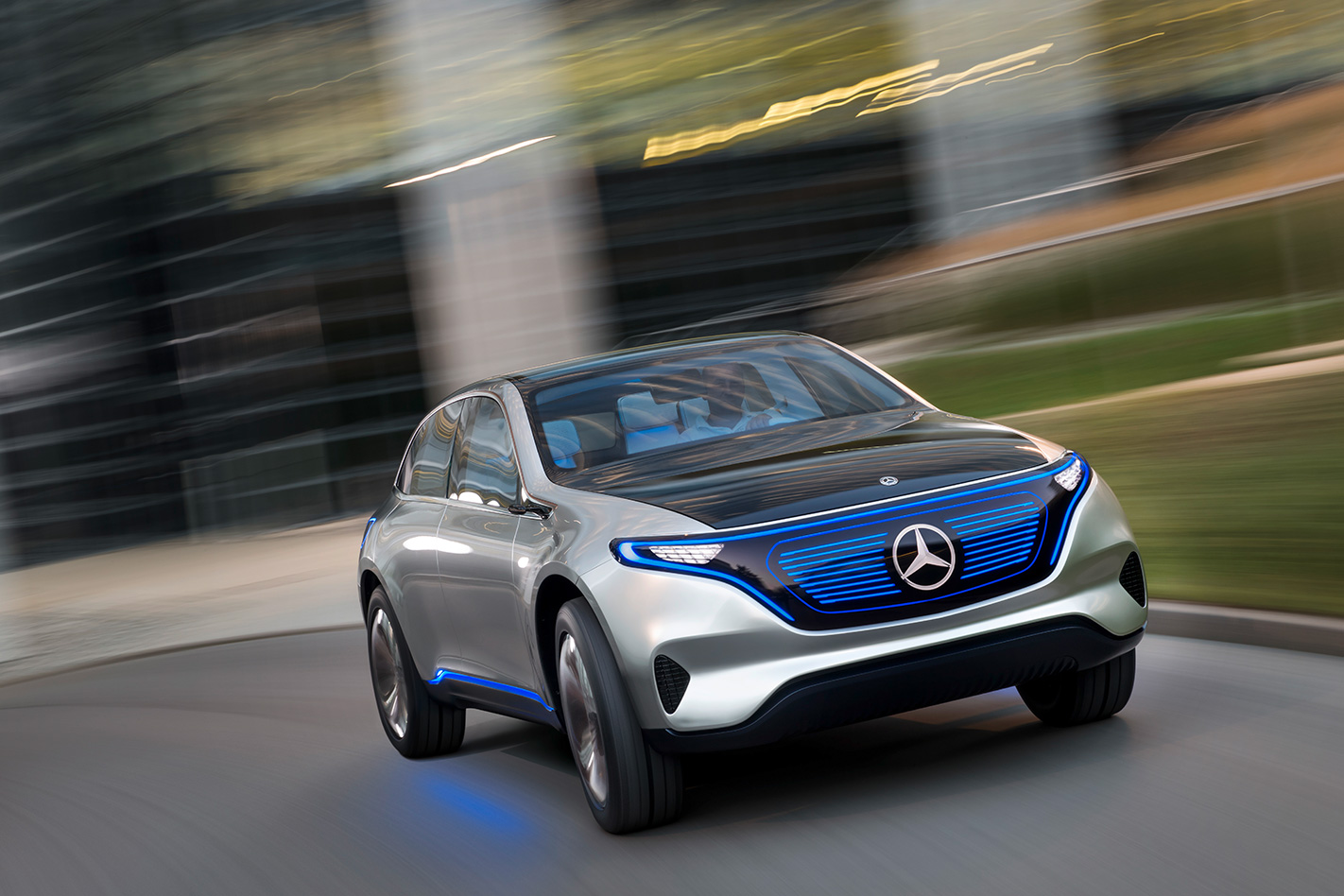
Volkswagen, one of the world’s Big Three (along with Toyota and GM), revealed the I.D. concept, Golf-size on the outside, but Passat-spacious inside. Brand boss Herbert Diess said the production version, due in 2020, will be the first of a family of cars to utilise its new MEB electric car platform. VW aims to be selling a million EVs a year by 2025, Diess said.
Other Paris announcements gave clues to why the two big Germans think the time is right for EVs. Opel showed the 2017 Ampera-e, the European version of the Chevrolet Bolt, boasting of its 500km range. Renault revealed an updated version of its small electric Zoe hatchback, on sale in Europe since 2013, with an upgraded battery pack boosting its official range to 400km.
With Mercedes talking of a 500km range for its electric SUV and VW saying the I.D. will do “up to 600km” between recharges, range anxiety is headed for extinction.

And the price of batteries is falling even faster than range is rising. Diess promised the production I.D. would cost the same as a conventional Golf with similar power. Zetsche said Mercedes’ electric SUV will cost as much as “a reasonably equipped Mercedes GLC”.
Analysts estimate the cost of a kilowatt-hour of lithium-ion battery was $US1000 ($A1320) in 2010. Five years later it was one-third that amount. And there’s much further to fall.
The investments made by governments around the world – in Europe, America and Asia – to encourage the switch to EVs are yielding dividends. Economies of scale are driving down prices, and competition between battery manufacturers for a slice of a growing market is stimulating innovation.
But as other well-off nations participate actively in this rEVolution, Australia remains utterly uninterested in electric cars. Sales of plug-in vehicles in our incentive-free market this year are on track to fall to less than a quarter of the paltry 1108 total posted in 2015.
“The (Australian) market really needs some serious incentives,” Renault Australia boss Justin Hocevar told me in Paris. I’ve heard similar laments from BMW, Mercedes-Benz and Mitsubishi.
Hocevar said the Zoe – Europe’s most popular EV in 2015 with more than 18,000 sales – is constantly under evaluation for Australia. But it’s not a cheap car, despite the falling cost of batteries, and our low fuel prices mean the inherent energy efficiency of an EV saves little on running costs.
There’s little reason to think that this situation will change. As the rest of the world flips the switch, Australia prefers darkness.
World record
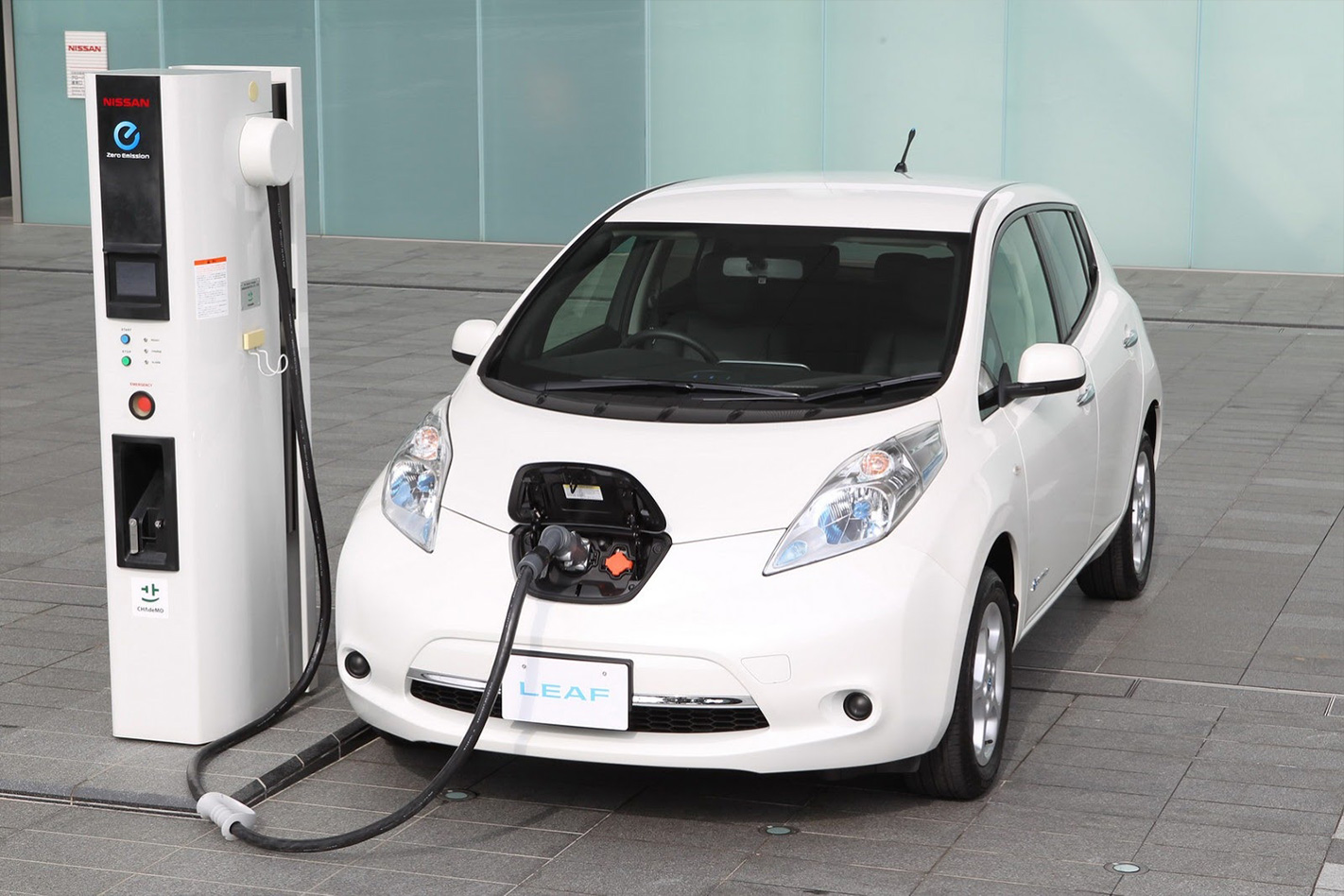
The global total of plug-in vehicles on the road passed through the magic million mark sometime late in 2015. It was the year when electric car sales boomed; more than 500,000 were sold globally. The United States, China, Japan, the Netherlands and Norway are the five biggest markets. The Nissan Leaf (above) has more than once topped the overall monthly sales charts in Norway.


